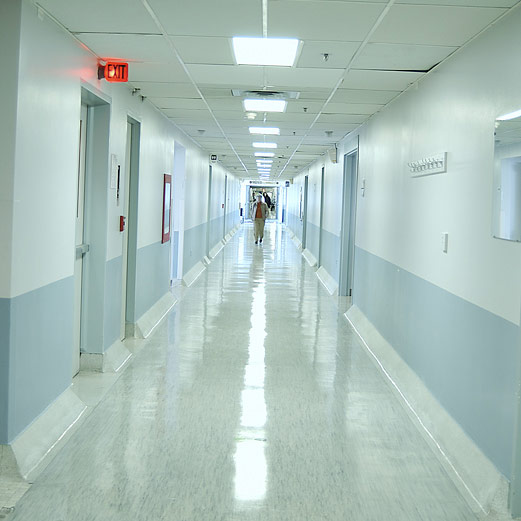Here are some of the latest health and medical news developments, compiled by the editors of HealthDay:
Chipotle-Linked E. Coli Outbreak Expands to Six States: CDC
An E. coli outbreak linked to Chipotle restaurants now involves six states, the Centers for Disease Control and Prevention says.
New cases have occurred in California, New York and Ohio, adding to those in Minnesota, Oregon and Washington, the Associated Press reported.
The outbreak began in mid-October. So far, 45 people have fallen ill and 16 have been hospitalized. There have been no deaths. Of the 45 patients, 43 said they ate at a Chipotle restaurant in the week before they became ill.
Some Chipotle restaurants in Oregon and Washington were closed in late October, but have since reopened, and all of the chain’s restaurants remain open, the company said Friday.
The CDC said the investigation into the cause of the outbreak is ongoing, the AP reported.
—–
Medical Protective Suits Stolen From Paris Hospital
A number of medical protective suits have been stolen from a hospital in Paris, France.
The suits — which were in a locked room at the Necker hospital — are similar to those worn by people dealing with the Ebola virus, the Associated Press reported.
While officials acknowledged that a “limited number” of suits were missing from the hospital, they did not confirm media reports that the items included a dozen hermetic protective overalls, three dozen pairs of special boots resistant to chemicals, gloves and antibacterial masks.
The incident was reported on Thursday, the same day French Prime Minister Manuel Valls said “there may also be a risk of chemical and bacteriological weapons” used by terrorists, the AP reported.
Paris has been on alert since the Nov. 13 terrorist attack that left 130 people dead.
—–
Two States to Allow Pharmacists to Prescribe Birth Control
California and Oregon will soon implement groundbreaking laws that enable women to get contraceptives from pharmacists without a doctor’s prescription.
This will make it easier for millions of women to have access to birth control, and public health advocates hope similar measures will be introduced across the country, The New York Times reported.
In California and Oregon, pharmacists will be able to prescribe contraceptives after women provide information about their health and medical histories.
Contraceptives prescribed by pharmacists will be covered by insurance, as they are now, The Times reported.
Copyright © 2026 HealthDay. All rights reserved.

